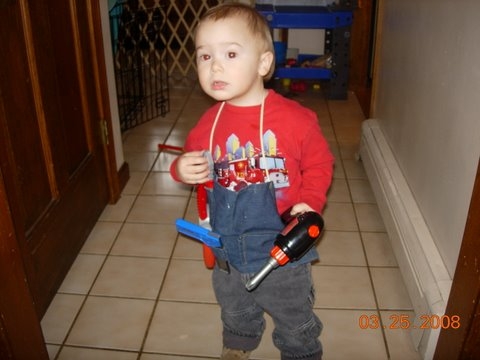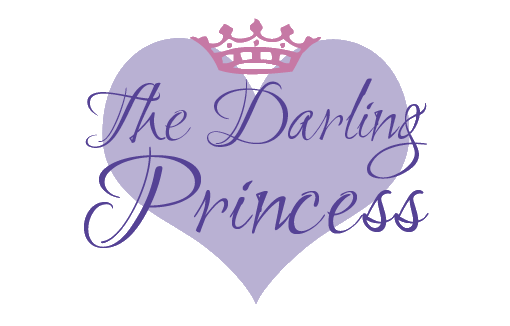
Use Your Tools
When I was homeschooling my children, I would tell people to use the books, don’t let the books use you. There was a lot of, what I called “make-work” in some books. For example, if the subject was an event in history, there would be puzzles, q&a, timelines, word-searches, matching, and possibly more seat work activities. We know repetition is the key to memory. Some kids just found it boring and frustrating to do too many of these kinds of activities.
If parents were fighting with them to do a crossword puzzle instead of testing their knowledge to see if they needed the extra exposure, I would say they let the books use them to their detriment. The child would have negative emotions/neuro-chemical/memories from that. It may or may not impact long term retention, but why would we want the learning to be a bad memory? History had enough negatives, as a subject; wars, disasters, and death.
I studied psychology for college, but also on my own. There are quite a few labeled coping mechanisms that can have disastrous long term implications. I see them as tools, that when harnessed, can be used for our good, to preserve our dignity. These are not textbook definitions. They are just the way I use them. It is far too complex a subject for this short blog, but I hope it will be helpful.
- Dissociation is the ability to perform and activity or engage in something repugnant without breaking down emotionally. I knew from my experience with child sexual abuse (CSA) and sex trafficking that dissociation can be disastrous. Regretfully, I fought with me first two children. I saw that it wasn’t good in any way, especially long term. It carried through to their teens and didn’t resolve until their twenties. Thank God, I learned. I changed my ways, but continued to use dissociation for physical pain. It takes a lot of energy.
- Repression is the blocking out of memory. It is a protective device that is often involuntary, especially when directly related to trauma. I repressed the memories of CSA . As a toddler, our paternal grandmother dressed us up, packaged for our father’s use. I recall stepping out of the barn, the sun on my face, warm air brushing over me in stark contrast to the cool air of the barn, with each step, the tiny patent leather shoes crunched the sandy flagstone walk toward the house and all of the horror of the things that happened in the barn faded. I was engulfed in the beautiful present, with no obvious signs of abuse.
My sister did not employ this mechanism. She lived with the trauma and couldn’t understand why I did not. The use of cognitive tools are important for everyone. In many ways trauma free people use them for activities of modern life. It takes concerted effort to master and accountability to stay out of the danger zone, where relationships could be damaged or our ability to properly cope is infringed.You’ve heard, forgive and forget. I agree in general, but certainly not in abusive relationships. The conscious repression of hurts can be useful in business or the office or church relationships. At least, we’re happier when not ruminating on things.
- Projection is another useful too that can be detrimental. To the pure, all things are pure. To the defiled, nothing is pure. Titus 2:15 This is about projection. If I am a peaceful, loving person who hopes at every opportunity, to be kind and encouraging, that is what we think others do too. If we are negative, conniving liars, we don’t trust others. We can learn how to use projection of our positive outlook when we meet new people. Knowing that projection can be at work, it helps us not to be hurt when other people are obnoxious.
These are just three of many tools at our disposal. Let’s keep learning, growing and go out and change the world, one heart at a time.



